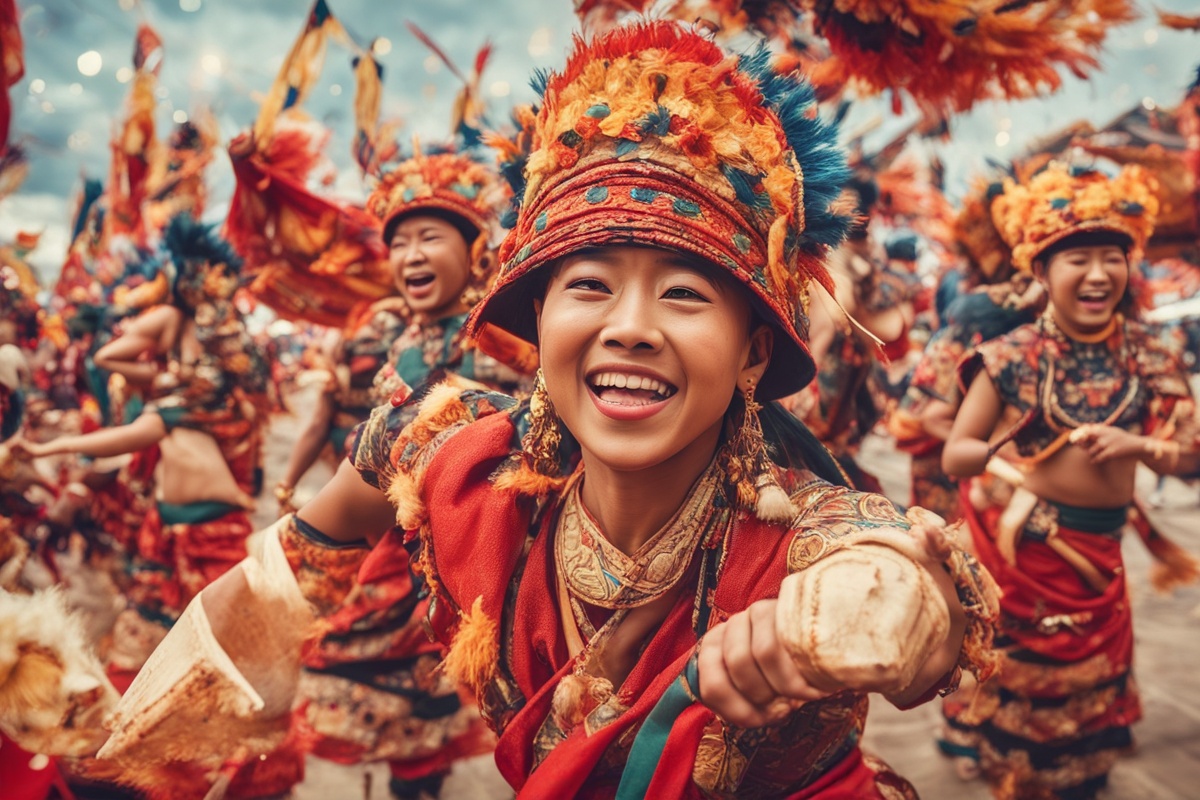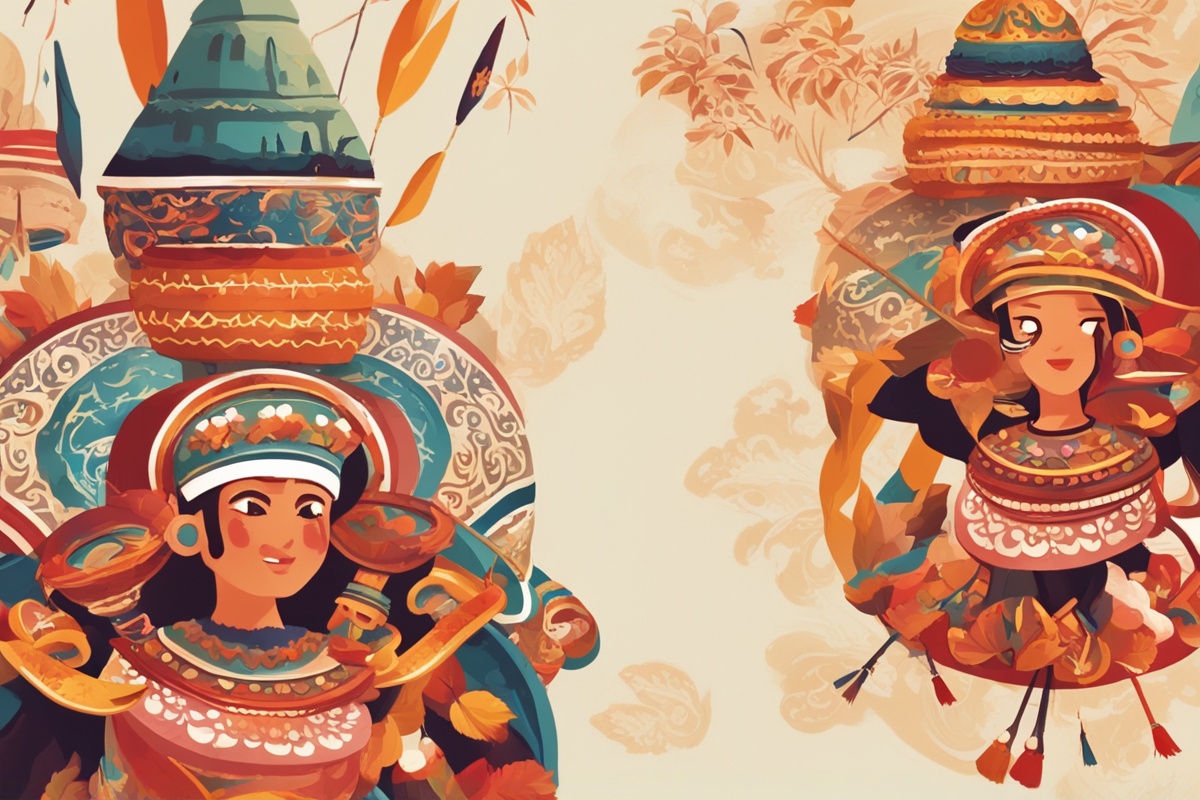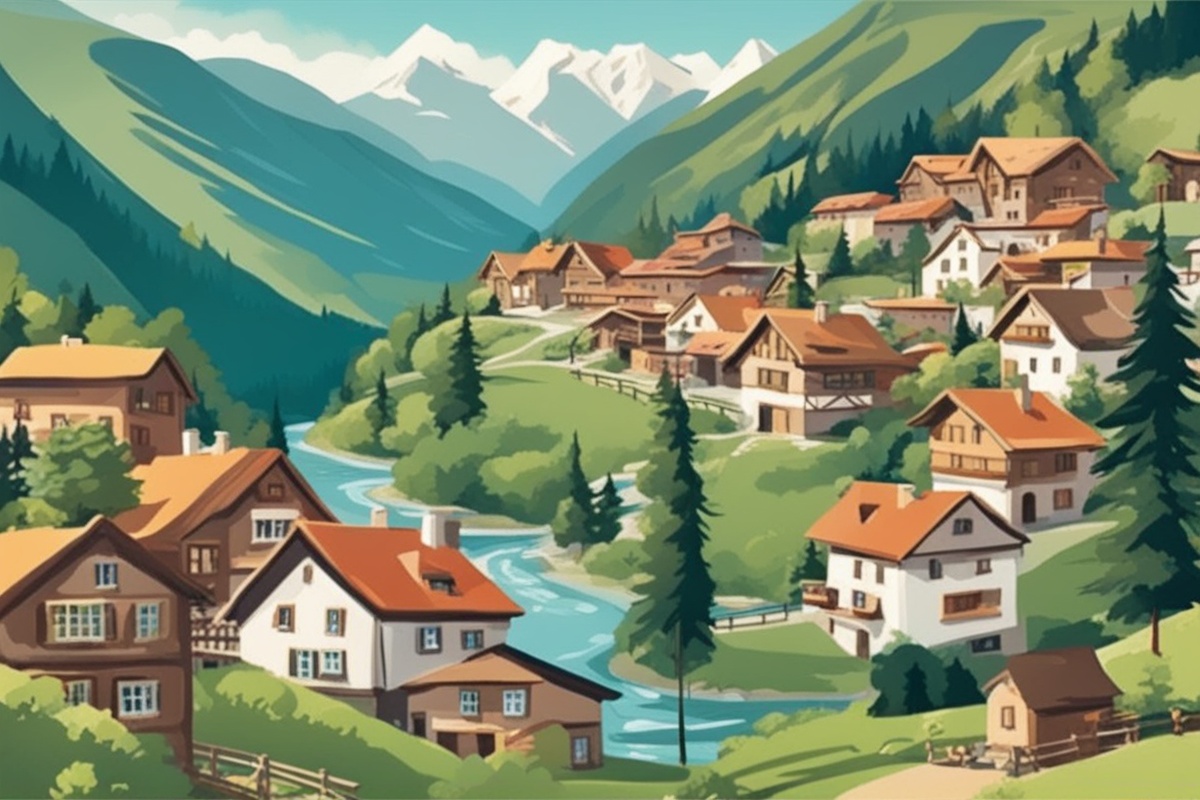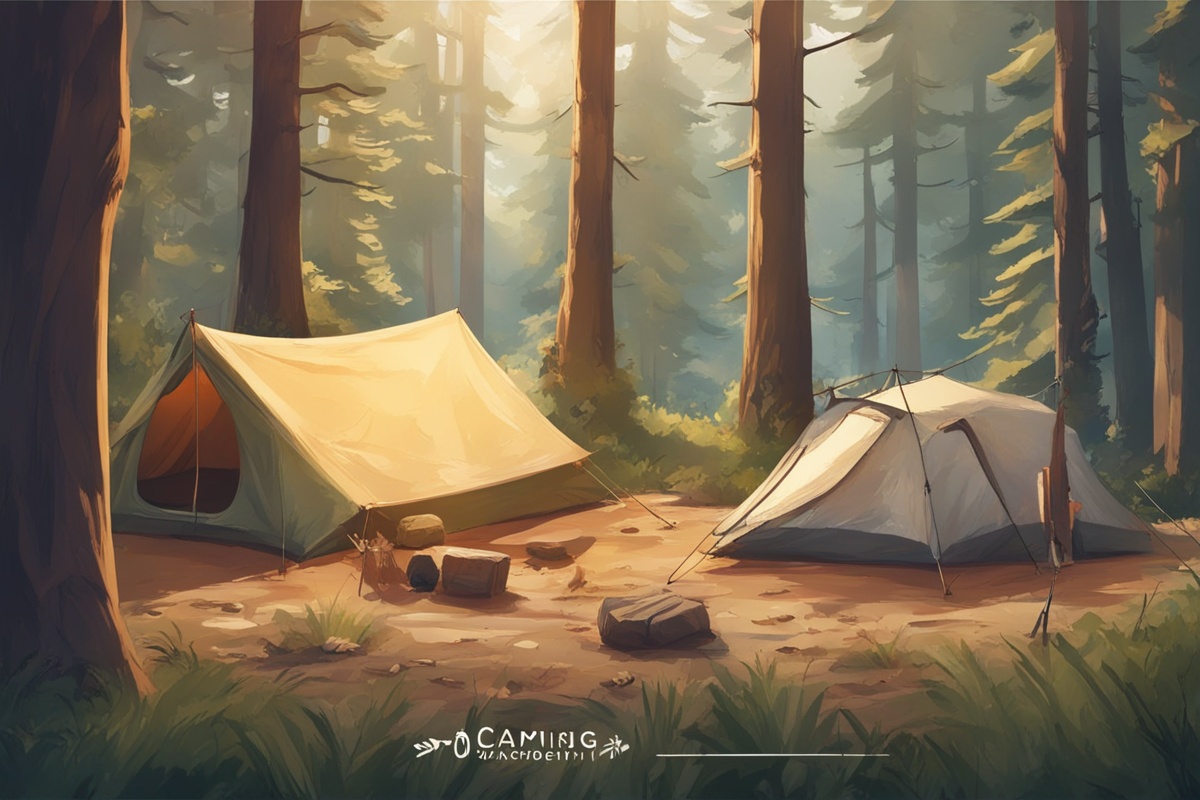
Have you ever stumbled upon a festival so unique, so vibrant, that it felt like you’d uncovered a hidden treasure? That’s the magic of cultural festivals—those lesser-known celebrations that don’t always make the headlines but carry the heartbeat of a community. Today, we’re diving deep to uncover hidden cultural festival gems around the world. These are the events that slip under the radar, yet offer profound experiences, rich traditions, and stories waiting to be told. Whether you’re a seasoned traveler or just someone itching to explore beyond the usual tourist traps, this guide will open your eyes to festivals that deserve a spot on your bucket list.
Why Hidden Cultural Festivals Matter More Than Ever
In a world where mega-events like Carnival in Brazil or Oktoberfest in Germany dominate travel itineraries, smaller cultural festivals often get overlooked. But here’s the thing: these hidden gems are where authenticity lives. They’re not polished for mass tourism or watered down for Instagram likes. Instead, they offer raw, unfiltered glimpses into a community’s soul. Think of a tiny village in rural Japan hosting a centuries-old rice harvest festival, or a desert tribe in Morocco celebrating ancient nomadic traditions. These events aren’t just spectacles—they’re living history. And in an era of globalization, preserving and experiencing these unique traditions feels more urgent than ever. So, why settle for the over-crowded, over-commercialized when you can dive into something real?
Finding the Unspoken: How to Uncover Hidden Cultural Festival Gems
Let’s be honest—finding these hidden festivals isn’t always easy. They don’t pop up on the first page of a Google search or trend on social media. But that’s part of the adventure! Start by tapping into local knowledge. Imagine you’re wandering through a small town in Italy, chatting with a café owner who casually mentions a festival honoring the patron saint of fishermen. That’s your golden ticket. Here are a few practical tips to unearth these treasures:
- Connect with Locals: Strike up conversations with residents, shopkeepers, or even your Airbnb host. They often know about events that never make it to travel guides.
- Dig into Regional Calendars: Check municipal websites or community boards for event listings. Many small festivals are advertised only locally.
- Join Niche Forums: Online communities on platforms like Reddit or specialized travel blogs often share insider tips about obscure celebrations.
- Follow Cultural Organizations: UNESCO or local heritage groups frequently highlight lesser-known events tied to intangible cultural heritage.
A few years back, I stumbled upon the Tarantella Festival in a tiny Calabrian village this way. A friend’s grandmother mentioned it in passing, and I ended up witnessing a mesmerizing dance ritual said to cure spider bites. It wasn’t in any guidebook, but it’s a memory I’ll carry forever.
Spotlight on Hidden Gems: Festivals You’ve Never Heard Of
Now, let’s shine a light on a few hidden cultural festival gems that deserve your attention. These aren’t your run-of-the-mill events—they’re unique, deeply rooted, and often off the beaten path. I’ve picked a diverse handful from different corners of the globe to show just how varied and incredible these celebrations can be.
- La Tomatina’s Lesser-Known Cousin – Batalla del Vino, Spain: Held in Haro, La Rioja, this “Wine Battle” sees participants dousing each other with red wine using buckets, water guns, and anything they can get their hands on. It’s chaotic, joyful, and tied to a historic feud over land. Unlike La Tomatina, it’s less touristy and more intimate.
- Frog Festival, USA: In Rayne, Louisiana, this quirky event celebrates the town’s history as the “Frog Capital of the World.” Think frog-jumping contests, frog-leg tastings, and a parade. It’s a slice of Americana that’s as endearing as it is bizarre.
- Chhath Puja, India: While huge in parts of Bihar and Uttar Pradesh, this ancient Hindu festival dedicated to the Sun God remains under-the-radar globally. Devotees stand in rivers at sunrise, offering prayers and gratitude. The serenity and devotion are unlike anything I’ve ever witnessed.
- Songkran’s Hidden Roots, Thailand: Everyone knows Songkran as Thailand’s massive water fight, but in smaller villages, it’s a quieter affair with traditional rituals like pouring water on Buddha statues for blessings. Skip Bangkok’s chaos and head to the countryside for the real deal.
Each of these festivals offers something you can’t find in mainstream events. They’re not just about fun—they’re about connection, whether it’s to history, nature, or the people around you.
The Challenges of Attending Hidden Festivals (And How to Overcome Them)
Let’s not sugarcoat it—attending these offbeat festivals comes with hurdles. For starters, information can be scarce. You might struggle to find dates, locations, or even basic logistics like accommodation. Then there’s the language barrier or cultural nuances you might not grasp. I remember arriving at a small harvest festival in rural Peru, only to realize I’d misunderstood the dress code and stood out like a sore thumb. But don’t let these challenges deter you. Here’s how to navigate them:
- Plan Ahead (Even If It’s Vague): Reach out to local tourism offices or cultural groups for details, even if it’s just a rough idea of when and where.
- Embrace Flexibility: Dates and plans can shift with small festivals. Build buffer days into your itinerary.
- Learn Basic Etiquette: Research customs or ask locals about dos and don’ts. A little respect goes a long way.
- Pack Smart: These events might be in remote areas, so bring essentials like water, snacks, and a first-aid kit.
With a bit of patience and an open mind, the rewards far outweigh the hiccups. You’re not just a spectator—you’re a guest in someone’s cherished tradition.
Why Supporting Hidden Festivals Is a Win for Everyone
Here’s a question to ponder: what happens when these small festivals fade away? Many are at risk due to urbanization, funding shortages, or lack of interest from younger generations. By attending and sharing your experiences, you’re helping preserve them. Plus, your presence often brings economic benefits to local communities—think of the street vendor who sells handmade crafts or the family-run guesthouse that gets a booking. It’s a ripple effect. On a personal level, these festivals enrich your understanding of the world. They challenge preconceptions and remind you that culture isn’t a monolith—it’s a mosaic of countless, beautiful fragments.
I recall meeting a craftsman at a lesser-known lantern festival in Taiwan. He’d been making lanterns by hand for 40 years, but fewer visitors meant his art was dying out. Buying one of his pieces and sharing his story online felt like a small but meaningful way to keep his tradition alive. Isn’t that what travel should be about?
How to Share and Celebrate These Gems Responsibly
Once you’ve uncovered hidden cultural festival gems, the next step is sharing them—without ruining their charm. Oversharing on social media can lead to overtourism, stripping away the very authenticity that drew you in. So, how do you strike a balance? Be mindful of what you post. Share stories and photos that highlight the culture, not just the “cool factor.” Encourage others to respect the event’s roots. And if a festival feels too sacred or private, consider keeping it to yourself. After all, not every gem needs to be polished for the world to see.
Lastly, give back. Donate to local organizers if possible, or support businesses tied to the festival. It’s a way to say thank you for letting you peek into their world. As cultural historian Dr. Maria Gonzalez notes in her work on intangible heritage, “Participation in small festivals is a privilege, not a right. We must tread lightly to ensure they endure for generations.”
References
- UNESCO – What is Intangible Cultural Heritage?
- National Geographic – Lesser-Known Festivals Around the World
- BBC Travel – The World’s Most Unusual Festivals
- Smithsonian Magazine – Cultural Festivals Worth Traveling For
- Lonely Planet – Unique Festivals Around the World
Disclaimer: This article is for informational purposes only, based on general research and personal experience—it’s not a substitute for professional advice. Cultural practices and travel logistics can vary widely, and what works in one context might not apply to another. Always consult a qualified professional, such as a travel advisor or cultural expert, for personalized guidance before attending or participating in any festival. Additionally, ensure you respect local customs and regulations to avoid unintended offense or disruption. Your safety and the preservation of these traditions are paramount.
This content is for informational purposes only and not a substitute for professional advice.







